Chinese e-commerce pushes deeper into global markets, meets real-time demand
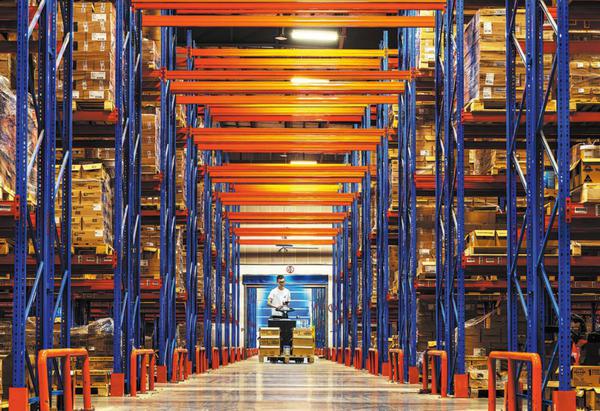
A warehouse worker moves cross-border e-commerce packages at the Jinyi Comprehensive Bonded Zone in Jinhua, Zhejiang province, on Oct 23. (YANG HAIQING/FOR CHINA DAILY)
During last year's Black Friday shopping spree, Xuchang wig seller Deng Nan was elated that year-on-year sales skyrocketed by 85 percent, due in no small part to his forward-looking sales strategy.
Black Friday fell on Nov 29, with sales boosted by cross-border e-commerce, and following strong retail figures for the Oct 31 Halloween celebrations.
"Consumers, in particular, used wigs to cosplay or participate in costume parties for the celebration of Halloween," Deng said.
"Wigs are not a necessity in China. But in overseas markets, they are regarded as a fashion symbol and an important and stylish accessory. Some consumers buy more than a dozen at a time," he said.
Xuchang, in Central China's Henan province, produces more than half of the world's wigs and is the leading global distribution and export center for such products. More than 300,000 locals work in wig-related industries in what's known as China's "hair factory".
Three years ago — seeing the growing demand for wigs abroad and aspiring to reach more overseas consumers — Deng began selling wigs through cross-border e-commerce platforms and registered with the fast-fashion online retailer Shein.
Deng designs and produces new products, and then determines whether to increase production in accordance with the latest sales and overseas market trends, instead of blindly manufacturing or stocking up on goods. His online store has experienced remarkable sales growth. About 40,000 wigs of various colors are currently sold every month, earning revenue of up to $2 million.
He is one of millions of young Chinese entrepreneurs cashing in on the emerging cross-border e-commerce platforms that offer a wide range of high-quality, affordable made-in-China products.
As a new form of foreign trade, cross-border e-commerce has become an important driving force boosting China's exports amid downward economic pressures and external uncertainties, experts said. Such trade is expected to play a pivotal role in promoting the digital transformation and upgrading of traditional industries, and the global push of Chinese-made products in 2025, they added.
The main advantage of cross-border e-commerce platforms lies in the flexible supply chain model, namely, small orders and quick responses, industry insiders said. This refers to using real-time market demand to regulate production,
Sellers start off with very small orders. If the sales trend is positive, they ramp up production, but if it falls short of expectations, production is reduced or halted.
On-demand production minimizes inventory and waste, improves operational efficiency and reduces costs, making the production process more flexible and enhancing a product's competitiveness, experts said.








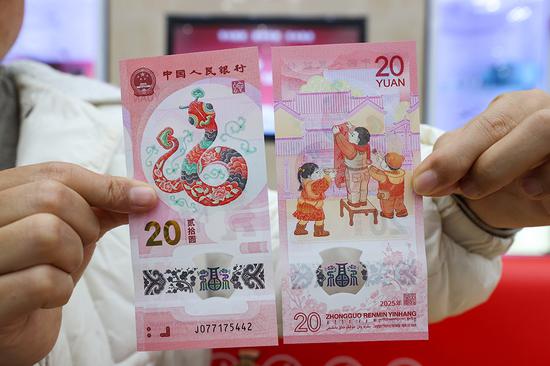


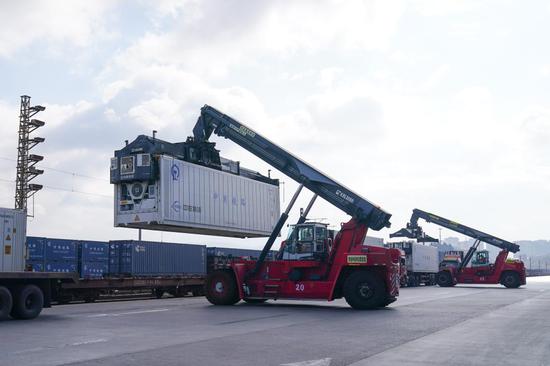













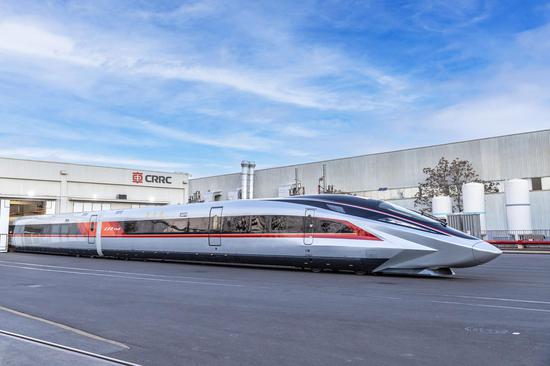
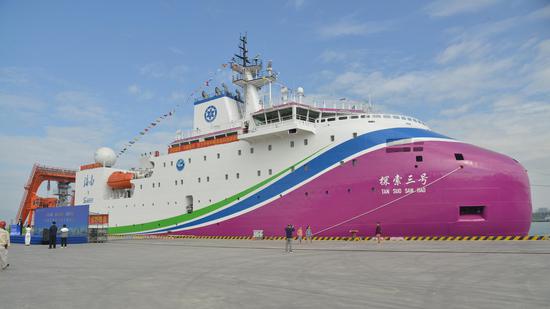




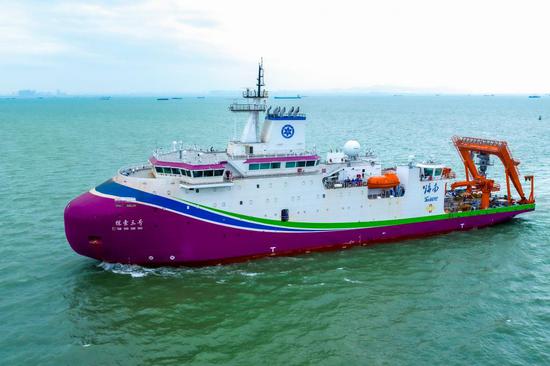


















 京公网安备 11010202009201号
京公网安备 11010202009201号
